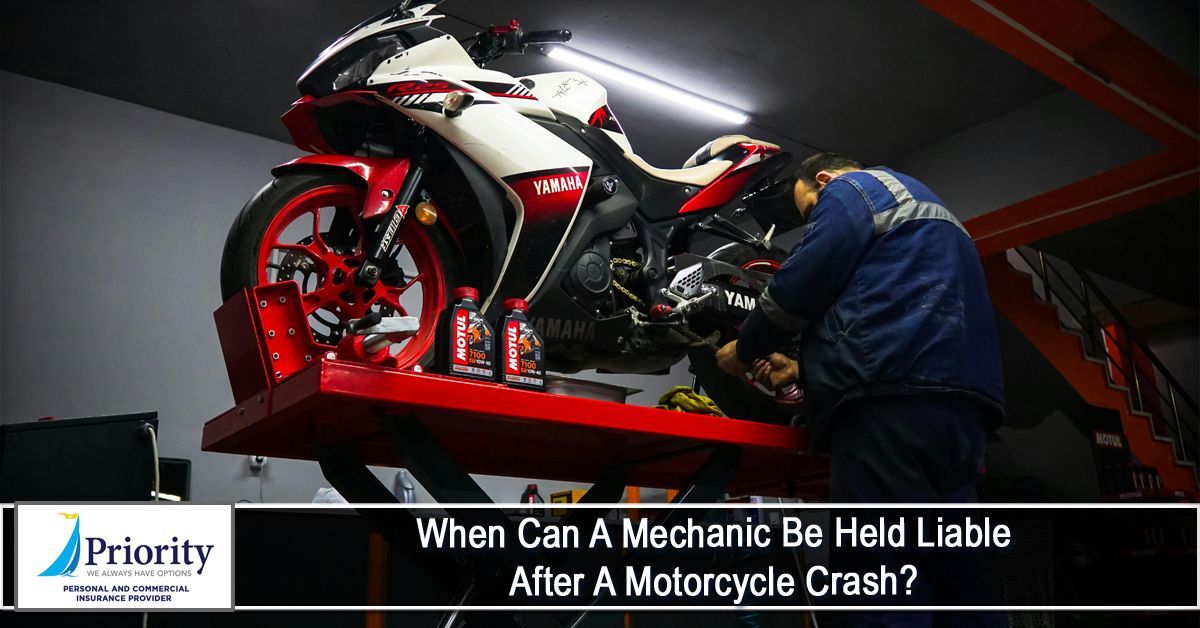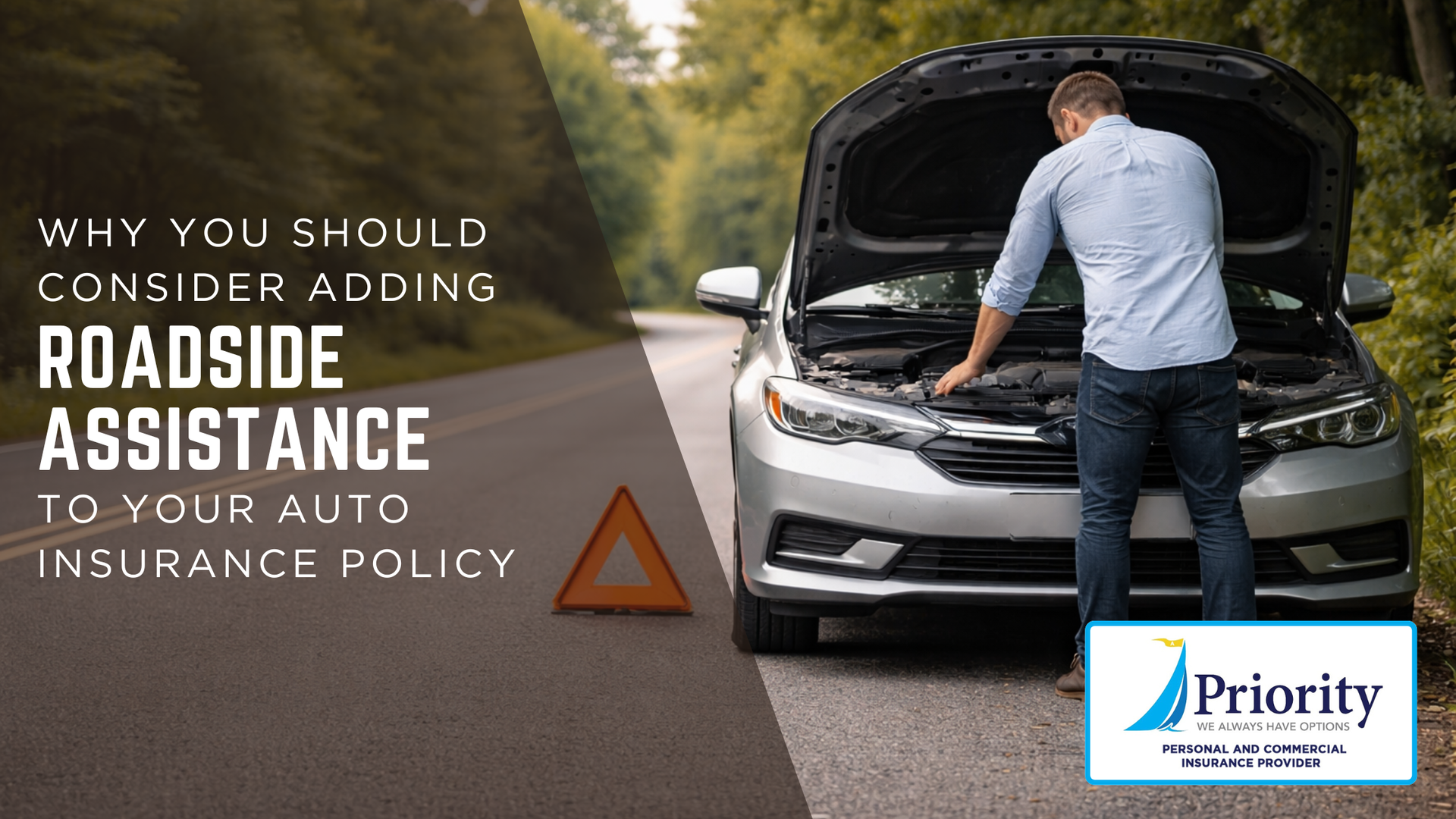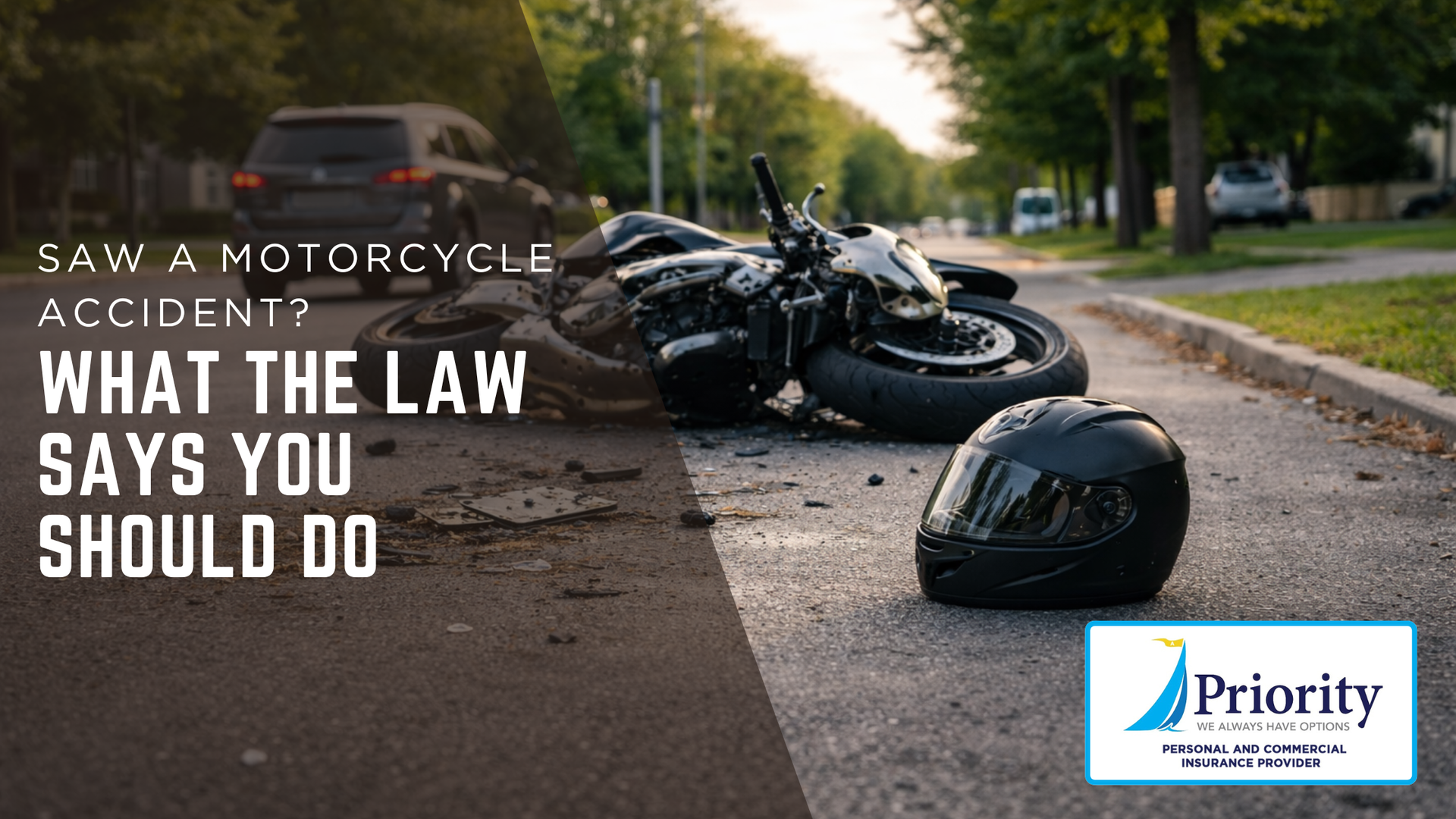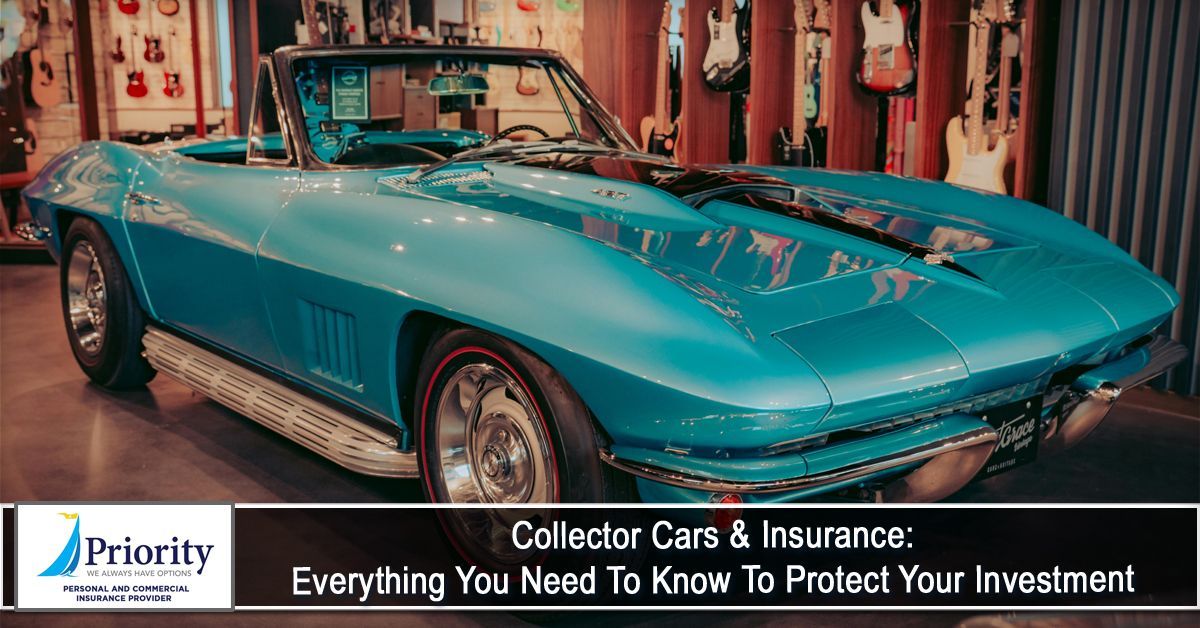
Motorcycle riders trust their mechanics with their lives—literally. Routine maintenance, part replacements, and inspections are all essential to keeping a bike roadworthy. But what happens if a mechanic’s mistake leads to a crash? Can they be held responsible? The answer is yes—but only under specific conditions.
Understanding when a mechanic may be held liable after a motorcycle accident can help riders seek justice and protect themselves on and off the road.
When Is a Mechanic Liable?
A mechanic can be held legally liable for a motorcycle crash if their negligence directly causes or contributes to the accident. This liability typically falls under the category of professional negligence or breach of duty of care.
Common situations where mechanic liability may apply:
1.Faulty Repairs or Installation
- Improper brake installation
- Incorrect tire mounting or balancing
- Loose bolts or components
2.Failure to Diagnose or Inform
- Ignoring visible damage or worn parts
- Failing to alert the rider of a safety hazard
- Overlooking recall-related repairs
3.Use of Defective or Incompatible Parts
- Installing used or incompatible parts without consent
- Using low-quality aftermarket components that fail
4.Improper Test Riding or Inspection
- Skipping test rides after repairs
- Not verifying that repairs meet safety standards
If any of these errors directly lead to a crash, the mechanic—or the shop employing them—may be held financially and legally responsible for injuries, damage, and losses.
How to Prove Mechanic Liability
To hold a mechanic liable, you must generally prove:
- A
Duty of Care Existed
The mechanic had a professional obligation to repair or service your bike safely. - That Duty Was Breached
The mechanic failed to perform repairs properly, overlooked critical issues, or used substandard parts. - The Breach Caused the Crash
You must show a direct link between the mechanic’s actions and the accident. - You Suffered Damages
This includes medical expenses, bike damage, lost wages, or pain and suffering.
Expert testimony, repair records, witness statements, and accident reconstructions can help support your case.
Why Motorcycle Insurance Still Matters
Even if a mechanic is at fault, you’ll first turn to your own motorcycle insurance to cover initial medical bills, repairs, and other expenses. Motorcycle insurance helps bridge the gap while liability is being determined—and ensures you’re not left financially vulnerable.
Key coverages that help in these situations:
- Collision Coverage
– Pays for damage to your bike, regardless of fault.
- Medical Payments / PIP – Covers your medical costs after an accident.
- Uninsured/Underinsured Motorist
– Protects you if the at-fault party has little or no coverage.
- Comprehensive – Covers theft, fire, or non-collision damage.
In short: Motorcycle insurance protects you even when the fault lies with someone else—like a negligent mechanic.
Proactive Steps to Protect Yourself
- Keep all repair receipts and service records
- Ask questions when you're unsure about the repair or parts used
- Inspect your motorcycle after major repairs
- Use certified, reputable repair shops
- Request written estimates and confirmations of repairs completed
Final Thoughts
Mechanics play a critical role in rider safety, and when they fail to meet their duty of care, the consequences can be serious. While holding a mechanic legally liable is possible, it can be complex—so it’s vital to have the right insurance, good documentation, and legal guidance when needed.
Trust your mechanic—but verify your safety. And always ride with protection—on the road and on paper.
At Priority Insurance LLC, we put our clients first by offering them policies that they can afford. Having insurance is a necessity nowadays, and we're here to help you out. Learn more about our products and services by calling our agency at (864) 297-9744. You can also request a free quote by CLICKING HERE.
Disclaimer: The information presented in this blog is intended for informational purposes only and should not be considered as professional advice. It is crucial to consult with a qualified insurance agent or professional for personalized advice tailored to your specific circumstances. They can provide expert guidance and help you make informed decisions regarding your insurance needs.











